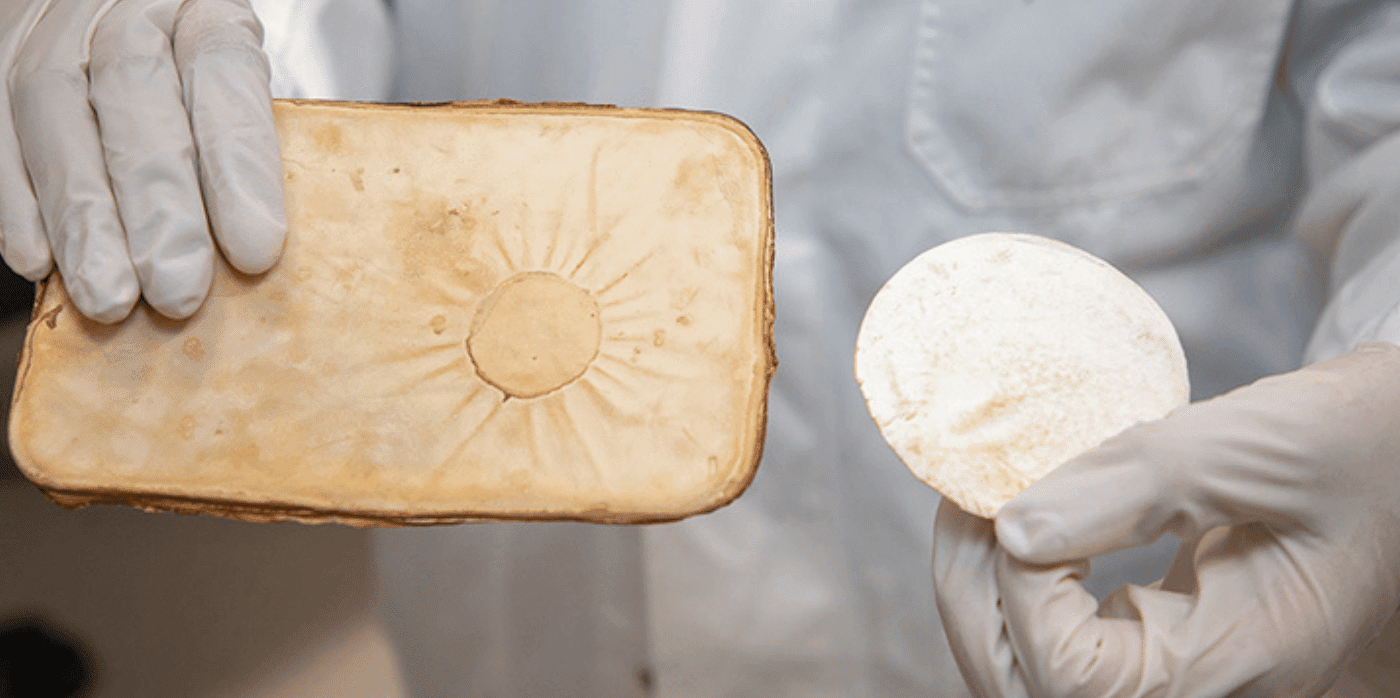
Spotted: Cladding is an outer layer of material that is used to improve the appearance, thermal insulation, and weather resistance of a building. The cladding used in Grenfell Tower in the UK was Aluminium Composite Material (ACM) – a highly flammable product that consistently failed fire tests. The ACM has been blamed for helping the flames spread when the infamous fire at the tower block broke out in 2017.
To help prevent tragedies like this, scientists from RMIT have found a way to grow fungi using renewable organic materials as feedstock to form thin sheets that could be used to produce fire-retardant cladding. The final material is lightweight, thin, and versatile, making it suitable for multiple automotive, maritime, and possibly aerospace applications – as well as in construction. When mycelium is exposed to flames, it forms a protective layer of char that resists fire and heat transfer, and protects any flammable materials underneath.
The RMIT team scientists aim to replace composite cladding panels that usually contain plastics, which produce toxic fumes and thick smoke when exposed to fire. Co-author of the research, Associate Professor Everson Kandare, highlights: “Bromide, iodide, phosphorus, and nitrogen-containing fire retardants are effective, but have adverse health and environmental effects. They pose health and environmental concerns, as carcinogens and neurotoxins that can escape and persist in the environment and cause harm to plant and animal life.” The mycelium-based material, by contrast, burns cleanly, only releasing naturally occurring water and CO2.
RMIT scientists aim to develop an environmentally friendly fire-proofing mat that could then be used for building cladding. And to make the potential cladding sustainable and scalable, the researchers are also exploring collaborations with the mushroom industry to use fungal waste products in production.
Mycelium has been used by many companies looking to create sustainable alternatives to everyday things. In the archive, Springwise has spotted interior design products and clothing made using mycelium.
Written By: Anam Alam

